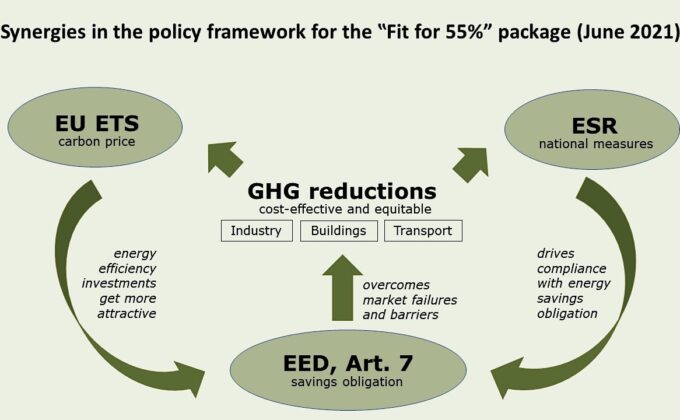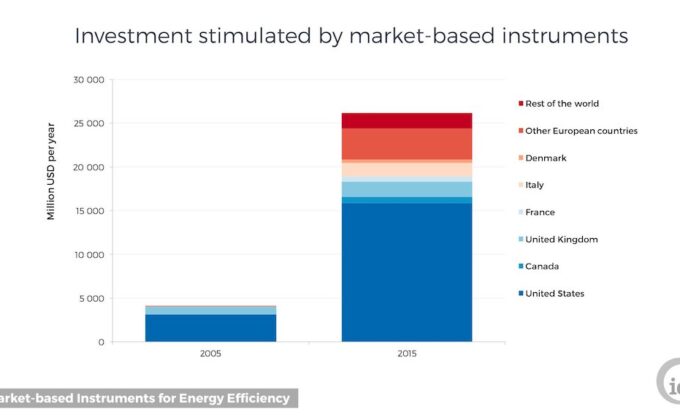
Knowledge Center
We believe that sharing our expertise and collaborations in clean energy policy is how real, effective change happens.
From reports and policy briefs, to webinars and podcasts—RAP advisors have built an extensive collection of resources providing in-depth analysis and practical solutions to today’s energy challenges.
Filter >>
Content Filter:
Removing fossil fuels from heating is a goal of policy makers around the world in order to decarbonise energy systems and to remove exposure to fossil fuel imports. Alongside efficiency measures, the key technology to replace fossil fuels for heating… View Summary +

The European Union is entering a crucial decade in its energy transition, with the 55% climate goal representing a step change in ambition. Energy efficiency is expected to play a major role in achieving necessary reductions in energy consumption across… View Summary +
In late 2020, we recommended that the European Commission align the Energy Efficiency Directive’s energy savings obligation with the 2050 climate goal. It took a first step towards achieving this objective in summer 2021. In its proposal, energy… View Summary +
The European Union has committed to several ambitious climate targets, including the reduction of carbon emissions by a net of 55% by 2030 compared to 1990. To meet these goals, the European Commission expects to rapidly decarbonise its building sector… View Summary +

To meet the European Union’s carbon goal of reducing emissions by at least 55% net from 1990 levels, the European Commission wants the buildings sector to take the lead. The EU’s Climate Plan Impact Assessment sees building renovations and sustainable… View Summary +

The European Union’s new 55% climate target will bring major revisions of the EU’s energy and climate laws. Quite opposing policy options are on the table: Strengthening the existing policy architecture or moving to a carbon price all-out approach. RAP… View Summary +

In its 2030 Climate Target plan, the European Commission suggests raising the ambition of the EU’s energy efficiency policies to reach climate neutrality by 2050. It mentions the possibility of increasing the energy savings obligations under Article 7 of the… View Summary +
There is an increasing interest in the role so-called market-based instruments (MBIs) can play to deliver energy efficiency across the world. Their rising popularity among policymakers owes, in part, to their characteristics. They tend to be less prescriptive than traditional… View Summary +
Finding ways to unlock more energy efficiency is a priority for countries looking to meet their energy policy goals. Efficiency is central to making progress on decarbonisation and energy security, while also fostering economic and social development. At the… View Summary +

The International Energy Agency (IEA) and RAP are conducting an in-depth analysis for the G7 on the design of market-based instruments for the delivery of energy efficiency. The study examines market mechanisms and economic instruments, such as auctions and tendering… View Summary +

